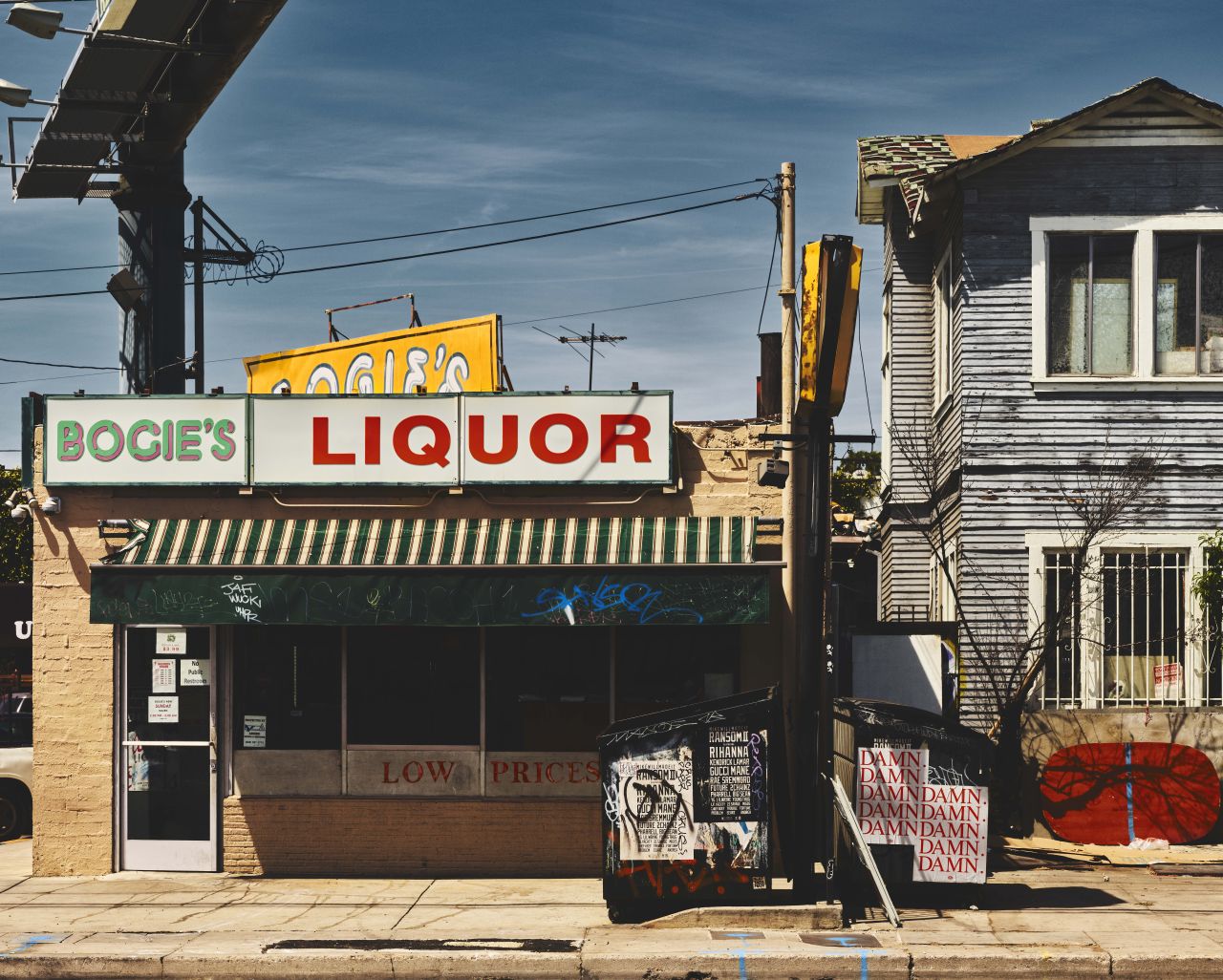Expanding Your Liquor Store? Here’s Why You Need a Liquor License Consultant
Expanding a liquor store in California is exciting, but the process isn’t as simple as signing a lease and stocking shelves. The Alcohol Beverage Control (ABC) department has strict licensing rules, and even small mistakes can lead to delays, fines, or license suspensions.
Many business owners assume they can handle the application process alone. Some do. But many run into unexpected obstacles—problems that can cost time and money. A liquor license consultant can help prevent these issues, ensuring a smooth expansion and legal compliance.
If you’re opening a new location, transferring a license, or upgrading your offerings, here’s why working with an ABC consultant is a smart move.
Avoiding Common Licensing Mistakes
A liquor license application is full of details, and missing even one can cause major headaches. Here are the most common mistakes that lead to problems:
1. Incomplete or Incorrect Applications
ABC is strict about paperwork. If an application is missing information, even something minor, it will be rejected or delayed. Every form must be accurate, complete, and properly filed.
2. Underestimating the Cost of a Liquor License
Liquor licenses aren’t cheap. Prices vary depending on location and license type. In high-demand areas, new licenses may not even be available. Instead, store owners must enter a liquor lottery or negotiate a liquor license transfer. Failing to budget properly can leave business owners stuck mid-expansion.
3. Ignoring Local Zoning and Community Restrictions
ABC approval isn’t the only hurdle. Some cities have additional restrictions on where liquor stores can operate. Others limit how many licenses can be issued in a single area. If you don’t check local rules, you could invest in a location where selling alcohol isn’t even allowed.
4. Skipping the Temporary Liquor License
If you’re purchasing an existing liquor store, you may need a temporary liquor license to continue operations while ABC processes your permanent one. Many business owners don’t realize this until they’re forced to stop selling alcohol for months.
5. Failing the Background Check
ABC conducts thorough background checks. Prior criminal records, financial issues, or past violations with liquor sales can cause delays or denials. If there are potential red flags, it’s best to address them before applying.
How an ABC Consultant Keeps You Compliant
A liquor license consultant specializes in preventing mistakes and keeping businesses compliant with ABC laws and local ordinances. Their expertise can save time, money, and stress.
Here’s what an ABC consultant does:
- Reviews and corrects applications to avoid rejection or delays.
- Ensures compliance with both state and local regulations.
- Handles liquor license transfers if buying an existing store.
- Guides businesses through the liquor lottery when new licenses are scarce.
- Prepares financial disclosures to meet ABC requirements.
- Advises on background check concerns before submission.
Expanding without expert guidance can be risky. An ABC consultant helps ensure everything is done right the first time.
Handling Background Checks, Financial Disclosures, and Documentation
ABC carefully reviews every application. Here’s what they focus on:
Background Checks: What ABC Looks For
ABC investigates every applicant. They check:
- Criminal history, especially alcohol-related offenses.
- Unpaid state taxes or unresolved legal issues.
- Past liquor license violations or business failures.
A liquor license consultant can help identify potential issues and suggest solutions before ABC steps in.
Financial Disclosures: Proving Legal Funding
ABC wants to know where your money comes from. Every investor or funding source must be disclosed. Required documents include:
- Bank statements showing available funds.
- Loan agreements and investor contracts.
- Tax records proving financial stability.
Unexplained funding or missing paperwork can delay approval. A consultant ensures everything is properly documented.
Required Documentation: No Room for Error
Every expansion requires different paperwork, but common documents include:
- Business entity formation papers (LLC, Corporation, etc.).
- Lease agreements or proof of property ownership.
- Local zoning approvals.
- Seller’s Permit from the California Department of Tax and Fee Administration.
Missing one required document can stop the entire process. A liquor license consultant ensures all paperwork is complete before submission.
Expanding the Right Way
Growing your liquor business is exciting, but it comes with legal challenges. California’s liquor laws are strict, and ABC doesn’t allow shortcuts. The application process is complex, but an experienced consultant can make it easier.
Whether you need a temporary liquor license, are entering a liquor lottery, or are dealing with a liquor license transfer, expert guidance can save time and money.
Expanding your business should be about growth, not frustration. Work with a liquor license consultant, avoid costly mistakes, and focus on what really matters—running a successful liquor store.


